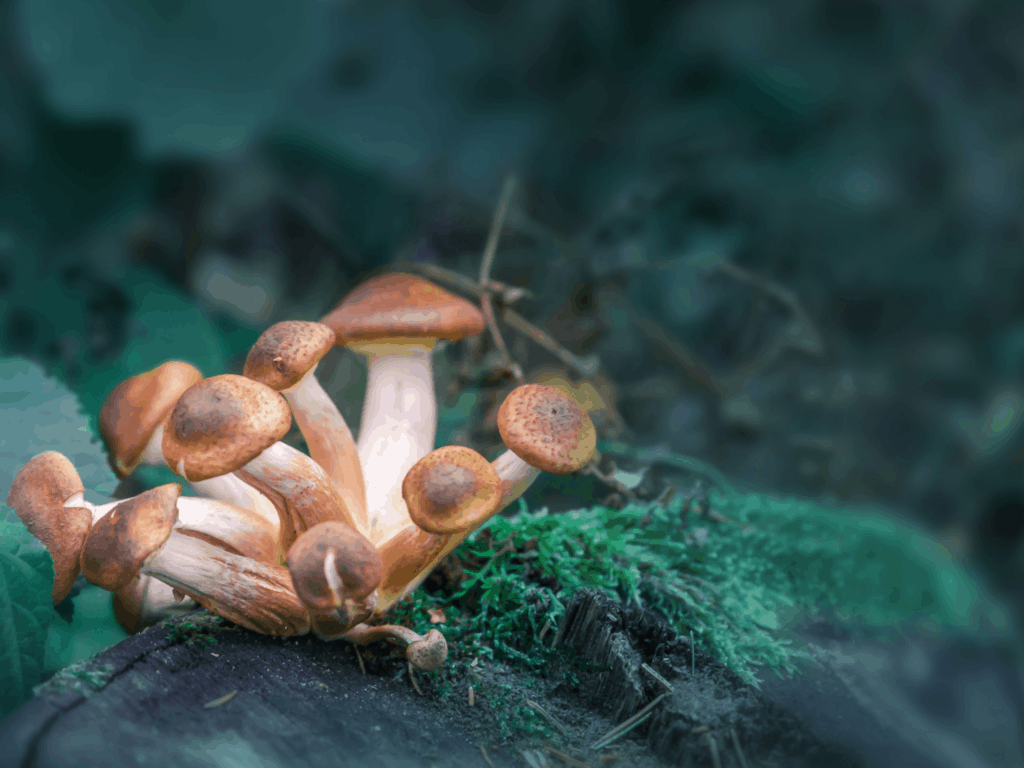While rates of smoking cigarettes have dramatically decreased over the years, there are still millions of people who have been left addicted to nicotine. Many of these individuals have tried nearly everything to put an end to their habit, including going to measures such as chewing gum, taking prescription medications, receiving hypnotherapy and so on. However, for the first time, researchers at Johns Hopkins have made a significant breakthrough in helping put an end to nicotine addiction – but it comes with much controversy and eyebrow raising.
Researchers have conducted a study at the Baltimore-based University that utilizes psilocybin, which is the active ingredient in magic mushrooms, to help long-time smokers finally quit.
Here is how it worked:
Johns Hopkins researchers took a small dose of psilocybin and transformed it into a pill for participants to take in conjunction with cognitive behavioral therapy sessions. These pills would be administered three times – the first time on the day the participant wanted to stop smoking, and then again two weeks after and then eight weeks after. The doses grew in strength as the weeks went on.
The study was held amongst ten men and five women, all of whom were deemed physically and psychologically stable. The average age of these individuals was 51, and the average amount of cigarettes they smoked per day was 19. In addition, the average length of which the habit had persisted was 31 years.
The psilocybin was not just administered and participants were sent on their way. Instead, each administration was immediately followed up with a six to seven hour session where researchers would monitor the individuals in a comfortable setting. As mentioned earlier, the psilocybin was given to each participant in conjunction with a weekly cognitive behavioral therapy program. This program consisted of individual counseling, as well as journaling and self-reflection exercises.
The results of the study were astounding, and have recently been published in The Journal of Psychopharmacology. Six months after the treatment, there was an abstinence rate of 80% amongst the group. This is groundbreaking, especially because the most effective methods prior to this study provided a 35% abstinence rate within six months of treatment.
The researchers at Johns Hopkins are just one group of many that are utilizing psychoactive drugs and elements in their research on addiction. The results of this particular study have shown great promise, as the Hopkins researchers are happy to report that the use of psilocybin is proving to be effective in changing addictive thoughts and behaviors.
Related Articles:
https://hub.jhu.edu/2014/09/11/magic-mushrooms-smoking
Author
-

President, CEO & Founder at Northbound Treatment Network
Paul Alexander is the CEO, President & Founder of Northbound Treatment Network in Newport Beach, California. He believes wholeheartedly in transformational leadership, organizational health and effective, fully integrated substance use disorder and mental health treatment. With over 27 years of experience in behavioral healthcare, Paul has extensive knowledge of “in vivo” treatment modalities, clinical development, operations, strategy, marketing and financial planning. He has been widely recognized for his development of collegiate-based residential treatment programs for students in recovery and authored a research study at The University of California confirming this modality’s effectiveness.
Paul’s comprehensive professional experience, willingness to innovate, and emphasis on organizational health are vital factors in Northbound’s continued success. Paul received his Certified Addiction Treatment Specialist training at Saddleback College in Mission Viejo, CA, and was awarded Outstanding Alumni Service Award in 2002. Paul holds a Bachelor of Arts degree in Criminology, Law and Society, Summa Cum Laude, from University of California, Irvine, and a Juris Doctorate degree from Loyola Law School of Los Angeles. Paul currently serves on The National Association of Addiction Treatment Providers (NAATP) board. In addition, he serves on The Family Recovery Foundation board and The CarePossible board in Orange County; both organizations are committed to raising funds for family recovery and treatment for former military personnel. Paul is in recovery himself and lives in Orange County with his wife Silvana and his two young sons, Noah and Dean.







